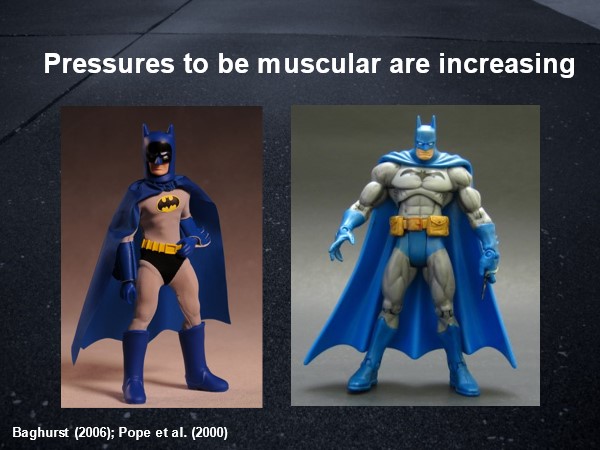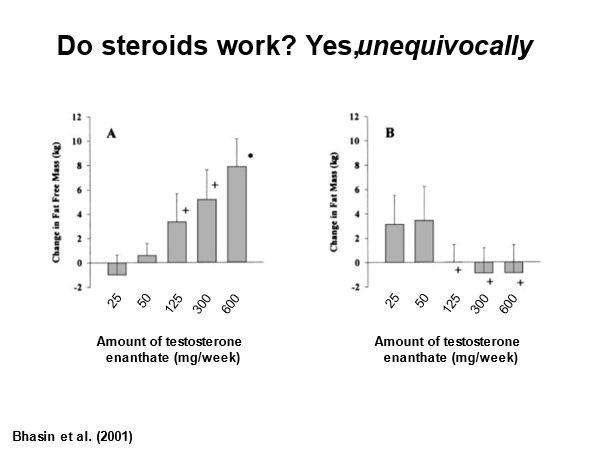Review Steroid Use and Dependence. Presented By Dr Scott Griffiths PhD
Scott walks us through a history of anabolic steroid and details how their use has increased over the last decade, with their prevalence now shifted towards use in non-athlete populations. This increase coincides with an amplification of the desire for male muscularity through social media. Muscle dysmorphia is introduced with a compassionate and understanding tone. Its similarity to other body and eating disorders is noteworthy, given that it is less prominent and acknowledged in our clinical spaces.
The 7-point diagnostic criteria for anabolic-androgenic steroid dependence proposed by Kanayama et al is detailed. Understanding the experience of steroid dependence is critical for movement professionals. We are offered insight to the ways that Exercise Physiologists can support clients who have are experiencing steroid dependence, with a focus on avoiding patterns of support that are likely to be unhelpful.


Dr Scott Griffiths is a NHMRC Early Career Fellow in the School of Psychological Sciences at the University of Melbourne. He obtained a Bachelor of Psychology, followed by his PhD, at the University of Sydney. Currently Scott leads the Physical Appearance Research Team, which focuses on anabolic steroids and related psychological disorders, including steroid dependence and muscle dysmorphia. His interest in this field was sparked by noticing an increasing cultural norm for desiring body manipulation towards a more muscular physique, not dissimilar to how thinness is idealised in other forms of eating and body dysmorphic disorders.